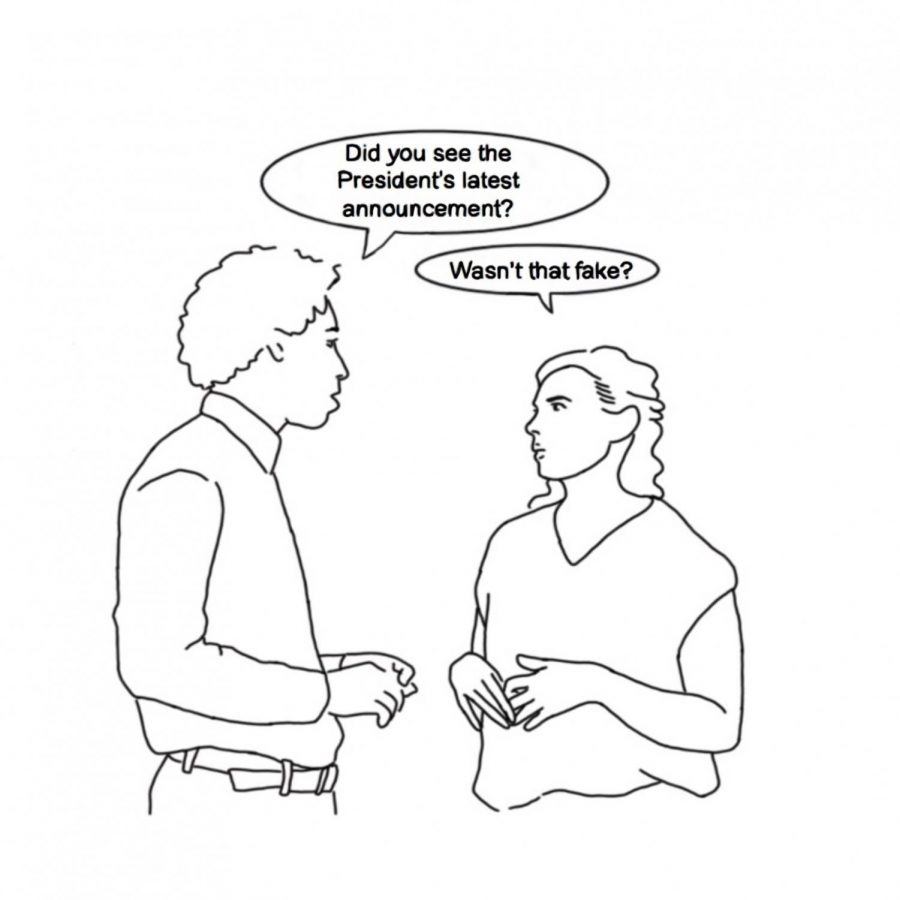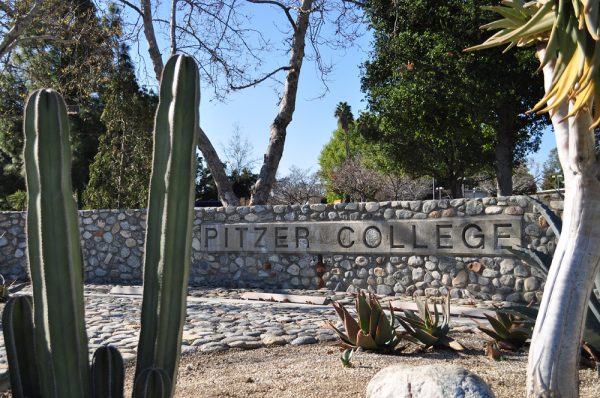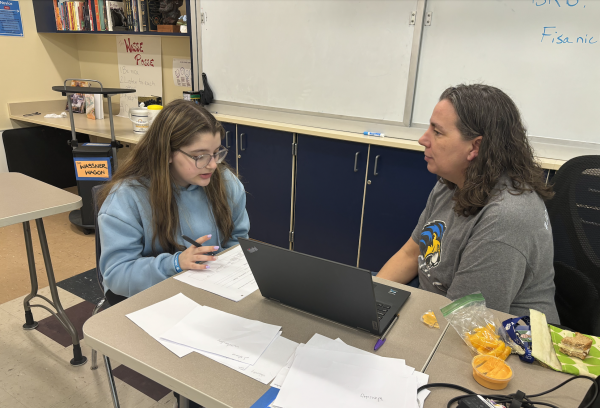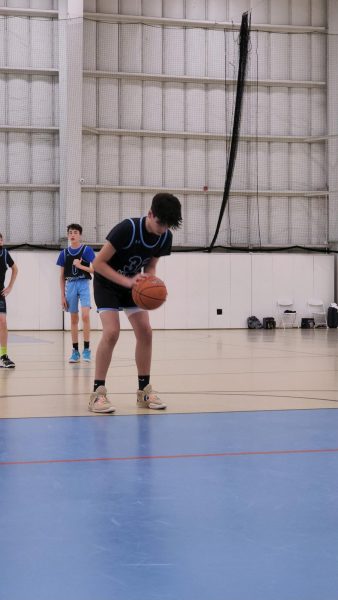Ditch the deepfakes
Deepfake technology poses a grave threat to the security of our elections and responsible civil discourse in the United States.
Democracy relies on discussion, debate and differing opinions, all of which require a foundation of facts upon which we all agree. Today, however, we cannot even agree on the facts, hindering the meaningful discussions needed to move this country forward.
The president uses the term “fake news” to erode public trust in the media, and there is now a tool used to intentionally deceive the public: deepfakes.
The new technology enables computers to easily generate realistic animations of politicians saying essentially anything. Not only do deepfakes make it harder to tell real from fake, but they also make it challenging for people to agree on reality, which is the first step in achieving progress as a nation.
Deepfakes have been in existence since, but they are now more realistic and easier to make than ever. As they begin to pop up, they will have a similar effect as the Russian interference in the 2016 presidential election using Facebook, especially considering the main targets of this technology are bound to be politicians.
A video of House Majority Leader Nancy Pelosi (D-CA)speaking at the Center for American Progress Ideas conference in May was altered to make her sound “sluggish and slurred,” according to the Washington Post.
Interviewees on a Fox News broadcast called Pelosi an alcoholic after seeing the video, and the president’s attorney Rudy Guilliani even shared the video on Twitter. While Pelosi’s words were not altered, the clip shows the effect that deepfakes and video alterations can have on the public.
According to a 2019 Pew Research Center poll, one in two Americans believe that made up news and information, such as deepfakes, is a significant problem in the United States that has a large impact on a political leader’s ability to do their job. Those 50 percent of Americans are correct: we are facing a major problem.
First, the use of this technology is unethical by putting words in the mouths of others, potentially ruining reputations. But the larger threat is one of public trust and impression, which translates to a threat to democracy as a whole.
The First Amendment protects a free press in order to ensure that the public has a proper understanding of the matters in their country, which is crucial for knowledgable voting and achieving other democratic values.
With this technology, we will struggle to agree on what politicians and candidates say, so it will be impossible to discuss support or opposition for them or their policy objectives. It is clear that videos created by this new technology, and made up news in general, impede the goals of the First Amendment.
Here is what we need to do: be aware that made up information exists. Don’t believe everything you see on social media, and verify what you see with multiple reputable news sources. Notify others to do the same to lessen the dangerous effect of false information.
Know who to trust. Trust reliable media, as its goal is to provide you with accurate information. Made up news is not only spread via social networks,
but also by politicians on national television. Our job is to fact check their claims and hold them accountable for their possibly made up statistics.
Make yourself politically aware — be a part of the people fighting the problem, not causing it — by reading reliable newspapers, watching well-respected news channels and fulfilling your civic duty.
This story was featured in Volume 37, Issue 1 print edition of The Lion’s Tale, published on Aug. 27, 2019.











